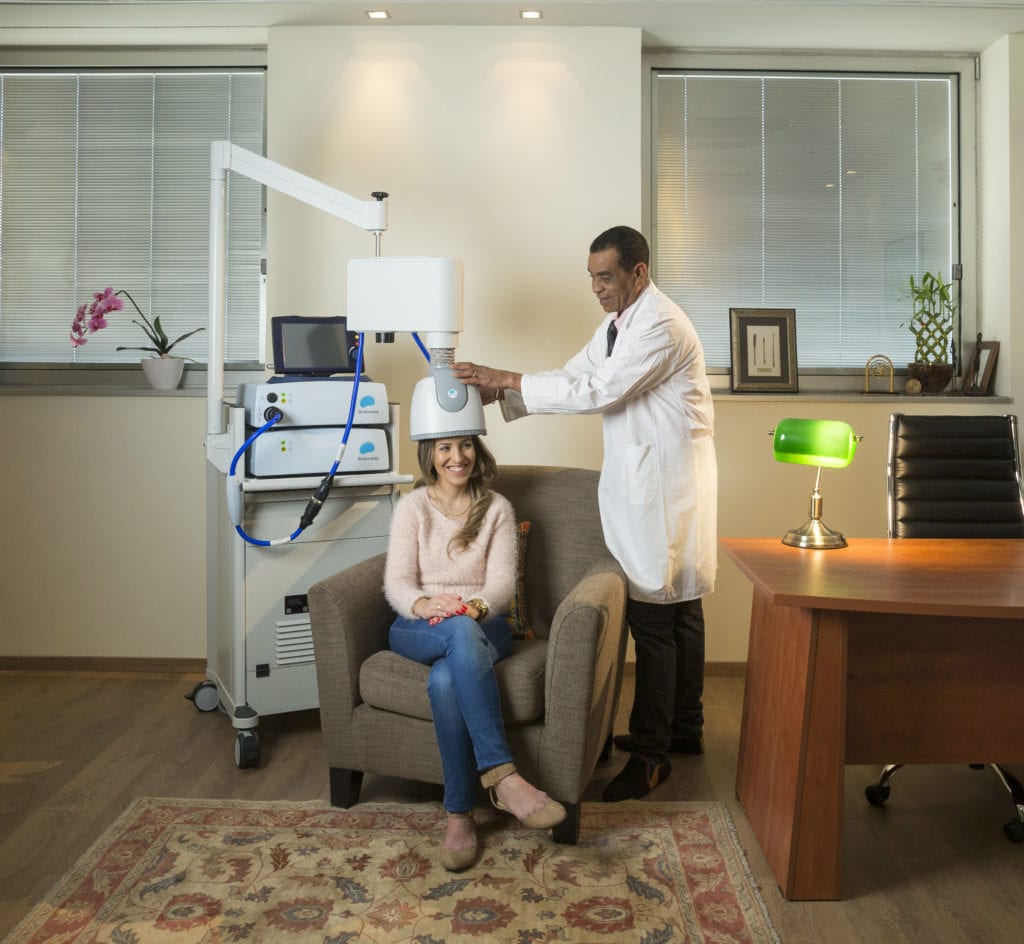Turning one’s focus to improving their mental health is often a gradual process. It is not always easy to come to terms with the need for support, be it over the low mood and pessimism that commonly characterize clinical depression (MDD), the exhaustive obsessions over troubling content that can arise with obsessive-compulsive disorder (OCD), or the damage caused by years of smoking addiction. Viewing mental health as a top priority is an important step toward achieving a great sense of well-being, but reaching that realization can take time. When it does finally happen, individuals seeking help are then tasked with deciding on the best treatment course for them, whether it includes medication, psychotherapy, a medical device treatment, or a combination thereof. Deciding on the best treatment center also plays a major role in this process. And so, when asking themselves, “How should I go about looking for a TMS clinic near me?”, patients are encouraged to take a number of factors into account. Read on to find out what they are, and how different aspects of treatment and location can affect what the decision will ultimately be.

Compared to certain physical health concerns, issues of mental health are often harder to perceive, and can go unnoticed without proper care. Left untreated, mental health cases grow to become more complex, more serious, and more prevalent: according to the National Alliance on Mental Illness (NAMI), one in five US adults contends with a mental health illness issue, amounting to millions of individuals in the US alone.
Issues of mental health can result in a host of correlated symptoms and ailments and cause an overall decrease in one’s quality of life, affecting its very longevity: according to the World Health Organization (WHO), those with mental health conditions die prematurely, as much as two decades early. Highlighting the detrimental effects that mental illness can have, the WHO also found suicide to be the number two cause of death among individuals between 15-29 years of age. Statistics such as these become even more dire when under different minority identities, with one’s personality and national identity also contributing to their likelihood of developing different mental health conditions.
In response to a growing request for adequate mental health treatment options, an abundance of treatment types are now available. Depending on the condition being treated, they can include medication, psychotherapy, and both invasive and non-invasive medical device treatments.
So how does one choose which one might be right for them?
A number of key factors should be taken into consideration when weighing one’s different options, with the two leading ones being safety and efficacy. First, regarding safety, it is crucial to consult with a licensed professional, and find the answers to several questions:
Regarding efficacy, it is important to find out the following questions:
The FDA uses a treatment’s proven safety and efficacy as a basic guideline when determining whether it should be recommended for a specific ailment. For example, due to their relative efficacy, psychodynamic therapy is considered an FDA-approved, first-line treatment for depression, while cognitive behavioral therapy (CBT) is an FDA-approved, first-line treatment for OCD. And while electroconvulsive therapy (ECT) is considered highly effective in treating depression, its adverse side effects, which can include short-term memory loss, cause many patients to find it hard to tolerate and continue with until the end. Thanks to its own proven safety, tolerability and efficacy, the non-invasive medical device treatment “Deep TMS” was granted an FDA clearance status for depression, OCD, and smoking addiction.
In addition to producing results and being tolerable enough to stick with, a treatment needs to be accessible, which mainly translates into two factors—proximity and affordability. A particular form of therapy is rendered irrelevant for patients who find themselves too far away or out of their price range. Therefore, mental health treatment providers make it a point to offer easy access to the treatment they offer.
In addition to other treatment options, healthcare providers now offer Deep TMS across the US and the globe. When searching for a nearby Deep TMS treatment provider, it is important to ask about their clinic’s relative proximity and ease of access:
Find out the location of the nearest Deep TMS clinics here.
Thanks to advances in mental health research and an increased demand from the general public for affordable treatment options, many insurance providers now offer coverage for a variety of mental health treatments. Insurance plans offer different levels of coverage that considers the patient’s eligibility and treatment history. For example, a patient with diagnosed major depressive disorder might receive coverage for a first-line treatment, such as antidepressant medication. On the other hand, a patient who had already undergone at least two types of antidepressants, without receiving significant symptom relief from them, would be considered “treatment-resistant,” with certain insurance plans covering Deep TMS treatment for their depression as a result.
Find out whether you qualify for Deep TMS insurance coverage here.